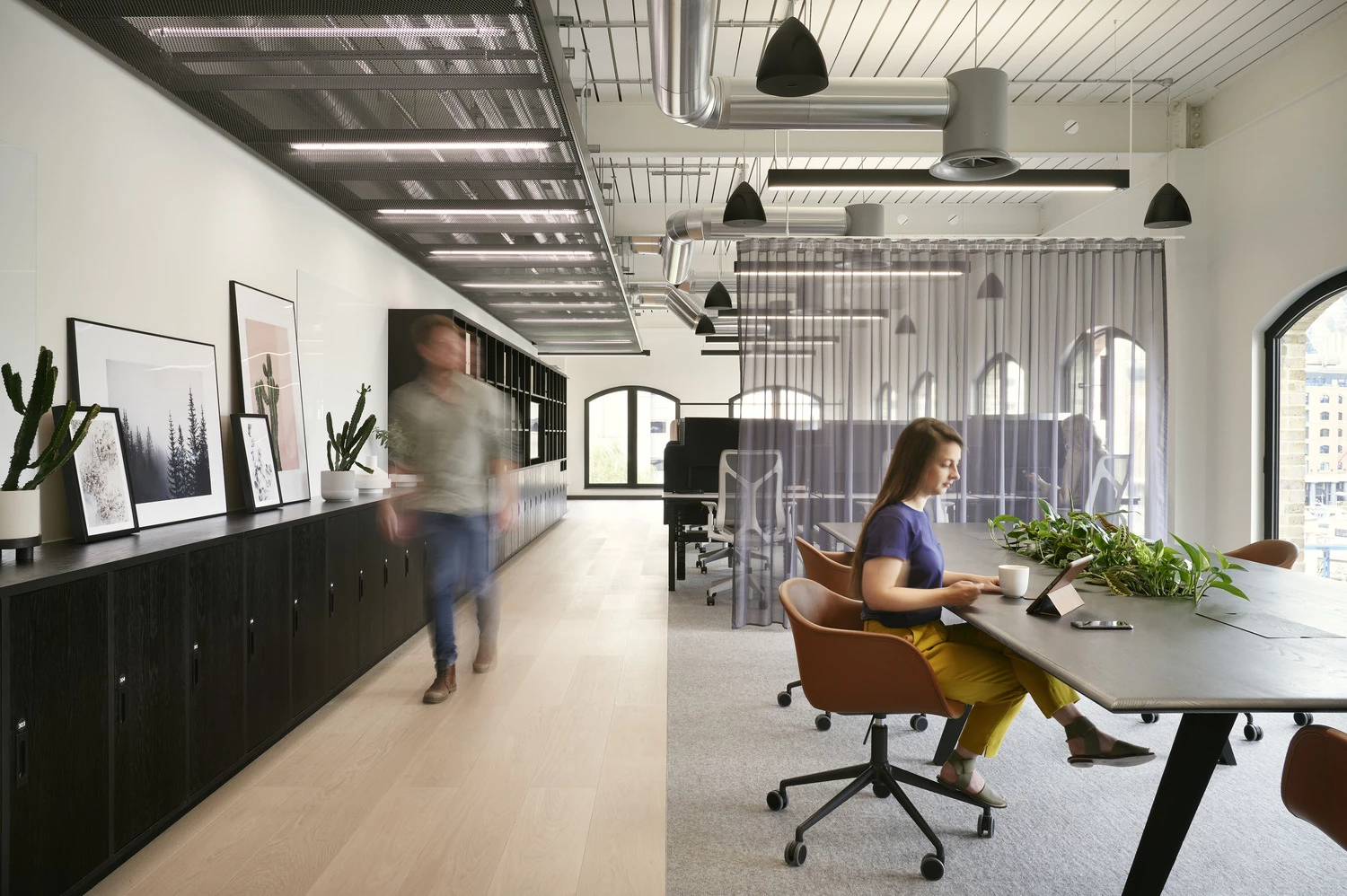
Partner Article
Major new study by Unispace reveals two thirds of employees across Europe reluctant to return to the office post-Covid
Employers must understand new employee motivations around workplace to attract, retain and engage top talent. Travel subsidies and a flexible workspace more likely to entice employees back
- 64% of employees across Europe are “reluctant to return” to the office
- 69% of 18 to 34-year-olds would like to return to the workplace full-time – the highest of any age group
- 80% would be happier to return if employers funded travel
- 95% of employees want a better office
Two thirds of office workers (64%) are reluctant to return to the office post-pandemic, with the commute, lack of work–life balance and an ineffective workspace, the main drivers hindering workplace returns. That’s according to a new European study by global workplace creation experts Unispace.
The study combines the results of an in-depth survey of 3,000 office workers, 2,750 employers in leadership roles at organisations with 50+ employees, and interviews with global senior leaders in real estate, HR and Operations. It also revealed that, despite this reluctance, there is a general consensus that a hybrid approach is the way forward, with 69% of employees expecting to be mainly office-based in the near future. This is arguably being driven by the 84% of mandated workplace returns that have already been implemented across the continent.
The data also indicated that younger generations have a greater desire to return, with 69% of 18 to 34-year-olds wanting either a complete return or a hybrid approach that is mainly in the office. This is indicative of a desire to not only learn from peers and accelerate their careers, but also benefit from the social and physical elements the office environment affords them.
Drivers of reluctance
According to the polling, over four fifths (86%) of employees felt they had a better work-life balance when working from home. In addition, 79% of European office workers indicated that they were better off financially when working remotely. The commute was the second highest driver of reluctance, hindering 27% of workers from wanting to go back to the office. This is further evidenced by the 80% of respondents who stated they would be more willing to return if their employer paid for their travel.
A staggering 95% of employees also indicated a desire to change their office space itself, with options such as more outdoor space, access to both quiet and collaborative zones, and more amenities. The option of having lunches paid for at work was also high on the list to encourage people back, cited by 79% or employees as a reason to return.
Lawrence Mohiuddine, CEO EMEA at Unispace, commented:
“While the global pandemic has undoubtedly changed the way we work, it has also changed how employees want to experience the workplace. Those who have been able to work productively in a remote environment over the past year must see the value in returning to the office.”
“Collaboration with peers is certainly a driver for some returnees; however, our study has shown that people want more than what they can currently access at home - whether that’s free lunch options or better amenities. We’re at a pivotal moment. How we change our workplaces now will define not only what the future of the office will look like, but also how engaged our talent pools are with workspaces themselves. And with younger demographics indicating more of a desire to be in the office to learn from peers, the future of workforces themselves is arguably at stake.”
This was posted in Bdaily's Members' News section by Unispace .








 Culture, confidence and creativity in the North East
Culture, confidence and creativity in the North East
 Putting in the groundwork to boost skills
Putting in the groundwork to boost skills
 £100,000 milestone drives forward STEM work
£100,000 milestone drives forward STEM work
 Restoring confidence for the economic road ahead
Restoring confidence for the economic road ahead
 Ready to scale? Buy-and-build offers opportunity
Ready to scale? Buy-and-build offers opportunity
 When will our regional economy grow?
When will our regional economy grow?
 Creating a thriving North East construction sector
Creating a thriving North East construction sector
 Why investors are still backing the North East
Why investors are still backing the North East
 Time to stop risking Britain’s family businesses
Time to stop risking Britain’s family businesses
 A year of growth, collaboration and impact
A year of growth, collaboration and impact
 2000 reasons for North East business positivity
2000 reasons for North East business positivity
 How to make your growth strategy deliver in 2026
How to make your growth strategy deliver in 2026